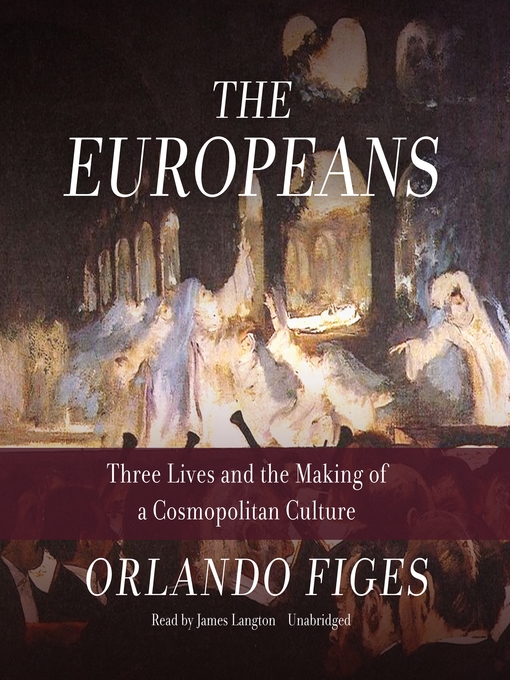From the "master of historical narrative" (Financial Times), a dazzling, richly detailed, panoramic work—the first to document the genesis of a continent-wide European culture
The nineteenth century in Europe was the first age of cultural globalization—an epoch when mass communications and high-speed rail travel brought Europe together, overcoming national barriers and creating a truly pan-European canon of artistic, musical, and literary works. By 1900, people across the continent were reading the same books, looking at the same art, and attending the same opera performances.
Acclaimed historian Orlando Figes moves from Parisian salons to German spa towns to Russian country houses, exploring the interplay of money and art that made this unification possible. At the book's center is an intimate love triangle: the Russian writer Ivan Turgenev; the Spanish prima donna Pauline Viardot; and her husband Louis Viardot, a connoisseur and political activist. Their passionate, ambitious lives caught up an astonishing array of artists and princes, poets, composers, and impresarios—Delacroix, Chopin, the Schumanns, Hugo, Flaubert, Dickens, and Dostoyevsky, among them.
As Figes observes, nearly all of civilization's great advances have come when people, ideas, and artistic creations circulate freely between nations. Surprising, beautifully written, spanning a continent and a century, The Europeans offers the first international history of European culture—and a compelling argument for the benefits of cosmopolitanism.

